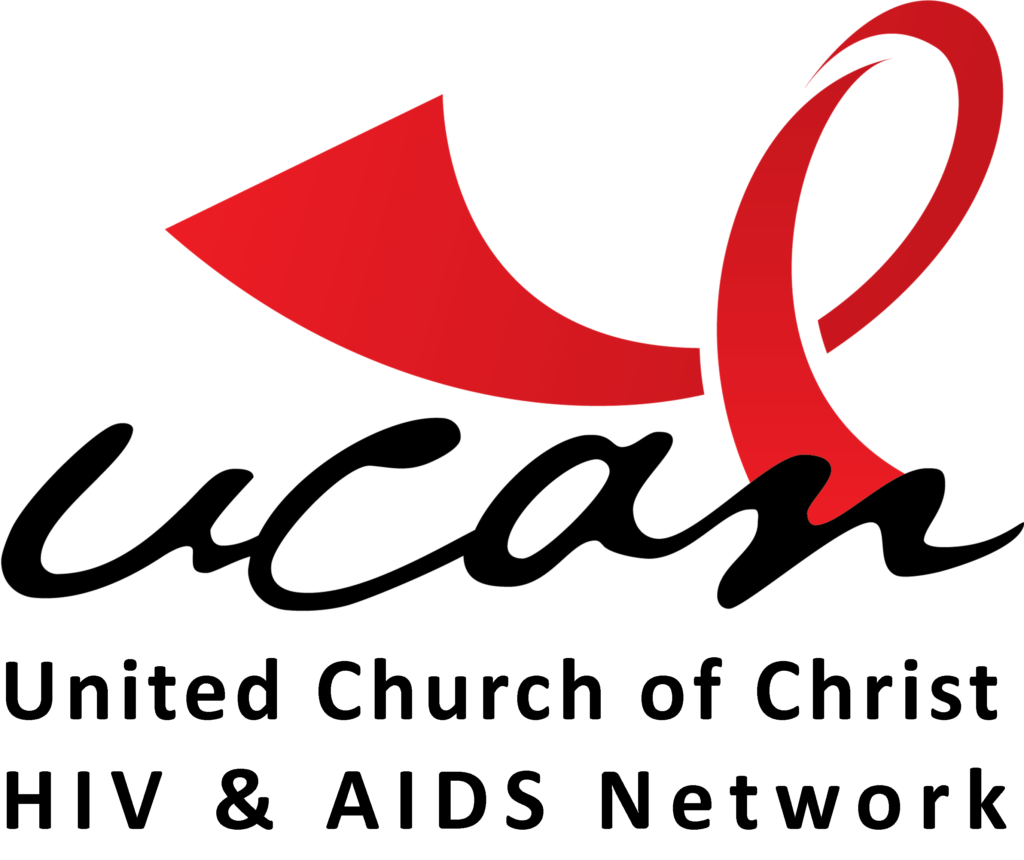Know Your HIV Status: World AIDS Day 2018

Written by Rev. Michael Schuenemeyer, Executive Director
We can ill afford to allow this World AIDS Day come and go routinely, business as usual. Although there are more people living with HIV in the world today than at any point in history, 36.9 million people, there has never been a time to be more hopeful about addressing the HIV in terms of treating the disease and ending the epidemic. Yet major hurdles persist; chief among them is stigma. With millions of lives at stake, the need for increased HIV response continues to be urgent and each and every one can make a vitally important contribution to ending the HIV epidemic as a public health threat by 2030.
The most basic contribution every person can make is simply to know your HIV status. This is the focus of the 2018 UNAIDS World AIDS Day theme, “Live Life Positively, Know Your HIV Status.” At the heart of the Christian Gospel is the mission of Jesus that we should have life in abundance (John 10). Living life positively is an expression of this. Knowing your HIV status enables you to assess your risk for HIV and other sexually transmitted infections. It also is a gateway to being linked to the treatment, care and support you may need to be healthy and live positively.
Advances in medical science have provided treatment that can prevent infection for persons who are HIV negative and for persons who are HIV positive, treatment can lower viral loads to undetectable levels. Why is this important? It is important because when a person’s HIV viral load is undetectable they do not transmit HIV. In other words, Undetectable = Untransmittable.
Stigma continues to be a major hurdle to HIV testing, which is the United Church of Christ HIV & AIDS Network (aka UCAN) is focusing on stigma in a significant way. We are working to bring people living with HIV together with religious leaders and HIV experts to engage in a dialogue designed to lead to actions that increase the HIV response of faith communities, especially toward reducing stigma and discrimination. The centerpiece of the dialogue is evidence from the stigma index, a tool for measuring the experience of HIV-related stigma in a community. We have already learned that breaking the silence, talking about HIV from the pulpit, lifting up people living with HIV in prayers, and providing an Open and Affirming welcome in the life and ministry of the church help to lower the stigma experienced by people living with HIV.
It is also critical to join with others. No one individual, church, organization, agency, community or country response will end the HIV epidemic on their own. It will happen as we work together. UCAN is proud to be part of the Common Voice Project and shares the commitment of the Common Voice Pledge. The Common Voice Pledge is an interreligious expression of advocacy and commitment to ending AIDS. It is ground in the belief that strong advocacy by religious voices is vital to ensuring that the world perseveres and finally brings the AIDS epidemic to an end.
On this World AIDS Day, I am especially mindful of the many ways communities have gathered for candlelight vigils, participated in walks to raise funds for local AIDS service organizations, and held interfaith services. Over the years, the names of those who have perished in this epidemic have been read and memorialized in quilt panels. In those World AIDS Day services and activities, we have renewed our commitments to end this epidemic and pledged that we would see it through. This World AIDS Day is different and even more urgent because the possibility of achieving our goal is no longer aspirational but within our grasp.
The Rev. Michael Schuenemeyer is the Executive Director of the United Church of Christ HIV & AIDS Network
